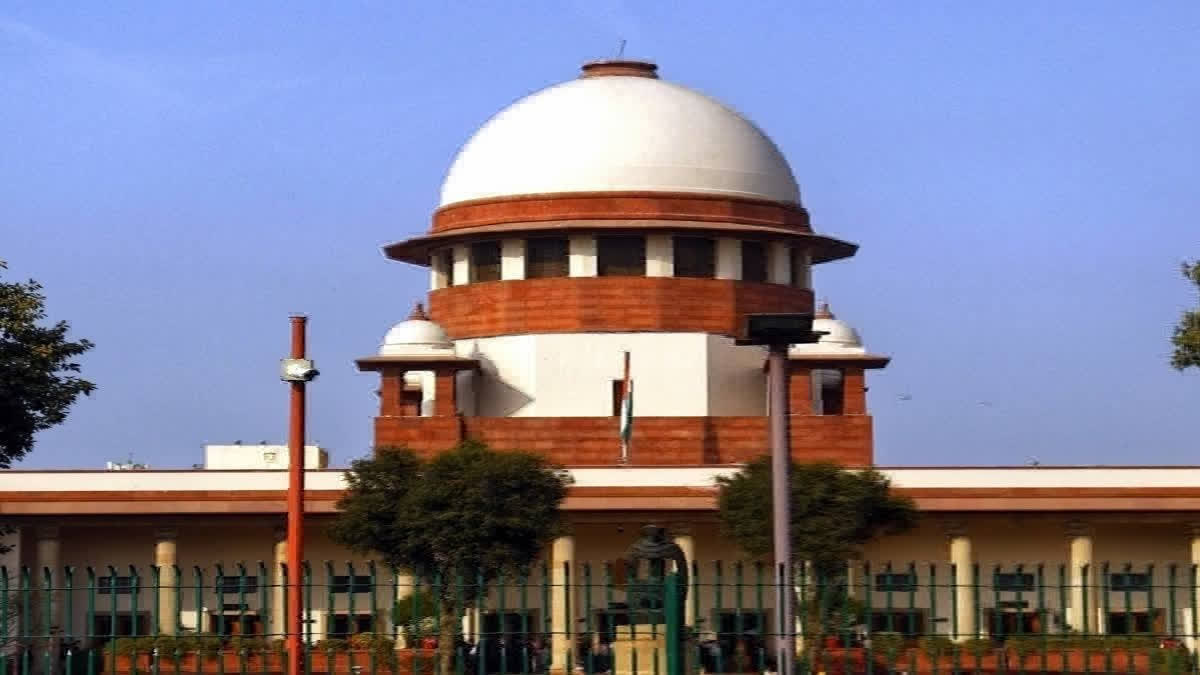New Delhi:The Supreme Court on Wednesday dismissed a plea filed by the Enforcement Directorate (ED) against a verdict delivered by a Telangana High Court, which quashed the cognisance order of the agency’s complaint against two IAS officers in the Andhra Pradesh government.
A bench of Justices Abhay S Oka and Augustine George Masih made it clear that a prior sanction will precede the prosecution of public servants accused of money laundering charges in the discharge of official duty. The ED had filed complaints against the respondents, two IAS officers, and others under Section 44(1)(b) of the Prevention of Money Laundering Act, 2002 (the PMLA). The complaint is for an offence under Section 3 of the PMLA, which is punishable under Section 4.
Both of them filed writ petitions before the high court challenging the cognizance taken by the trial court and inter alia prayed for quashing the complaints on the ground that both of them were public servants and, therefore, it was necessary to obtain prior sanction under sub-section (1) of Section 197 of the Code of Criminal Procedure, 1973. The high court upheld the respondents' contentions and quashed the orders of taking cognizance passed by the special court on the complaints only as against the said respondents.
The apex court cited Section 197(1) of the CrPC (corresponding to Section 218 of the Bhartiya Nagrik Suraksha Sanhita, 2023) dealing with the prosecution of judges and public servants. Section 197 (1) says, “When any person who is or was a judge or magistrate or a public servant not removable from his office save by or with the sanction of the government, is accused of any offence alleged to have been committed by him while acting or purporting to act in the discharge of his official duty, no court shall take cognisance of such offence except with the previous sanction.”
The bench said Section 65 is a prior section which specifically makes the provisions of the CrPC applicable to PMLA, subject to the condition that only those provisions of the CrPC will apply which are not inconsistent with the provisions of the PMLA. “Therefore, when a particular provision of CrPC applies to proceedings under the PMLA by virtue of Section 65 of the PMLA, Section 71 (1) cannot override the provision of CrPC which applies to the PMLA”, it said.
The apex court said: “Considering the object of Section 197(1) of the CrPC, its applicability cannot be excluded unless there is any provision in the PMLA which is inconsistent with Section 197(1). No such provision has been pointed out to us. Therefore, we hold that the provisions of Section 197(1) of CrPC are applicable to a complaint under Section 44(1)(b) of the PMLA”.
